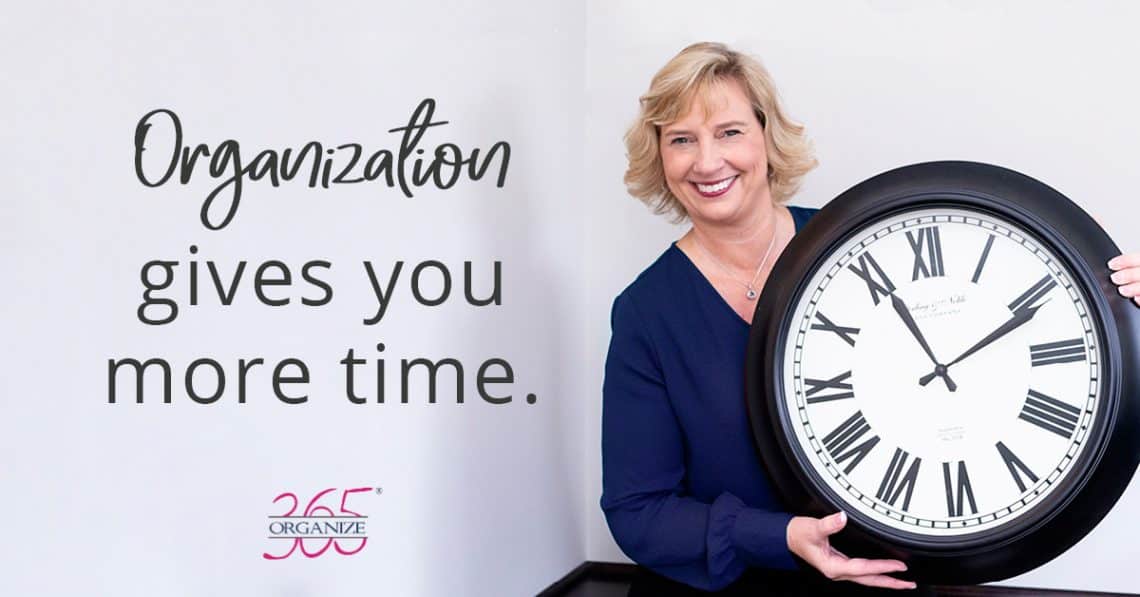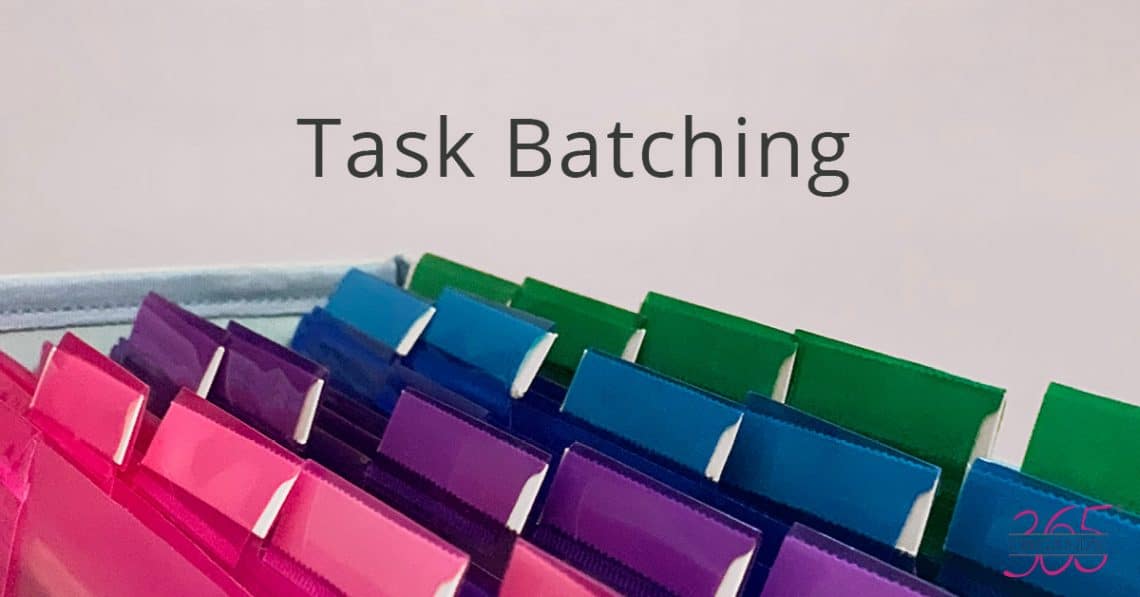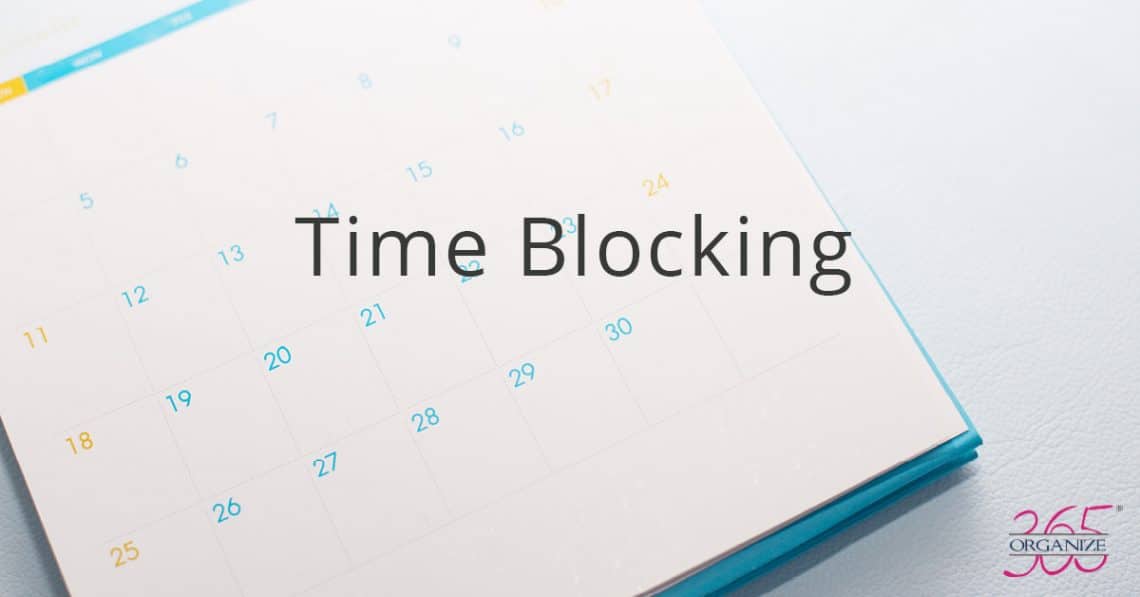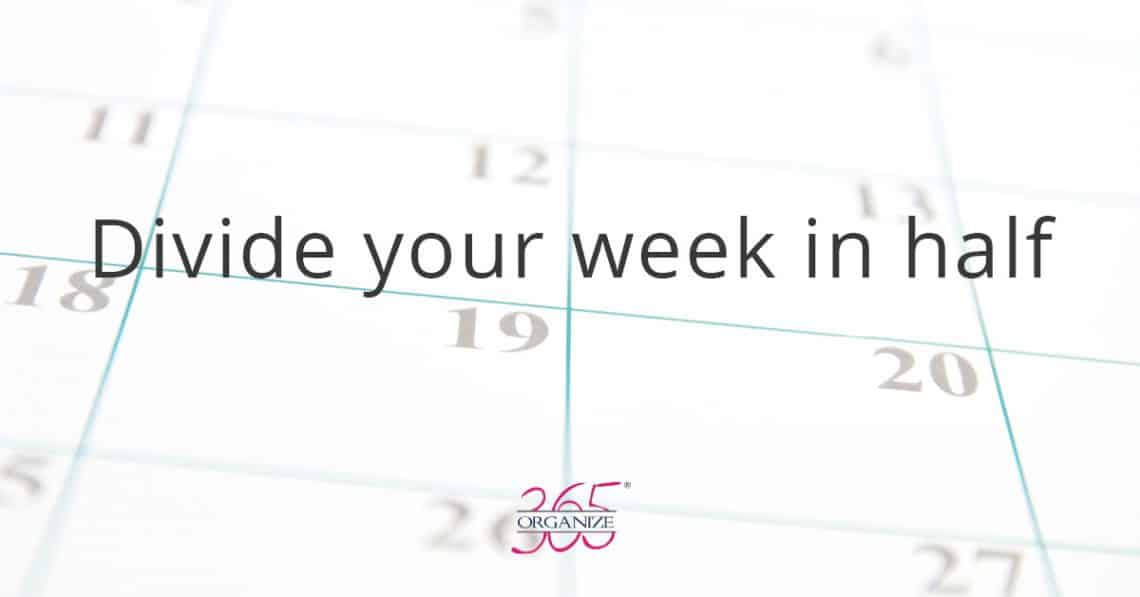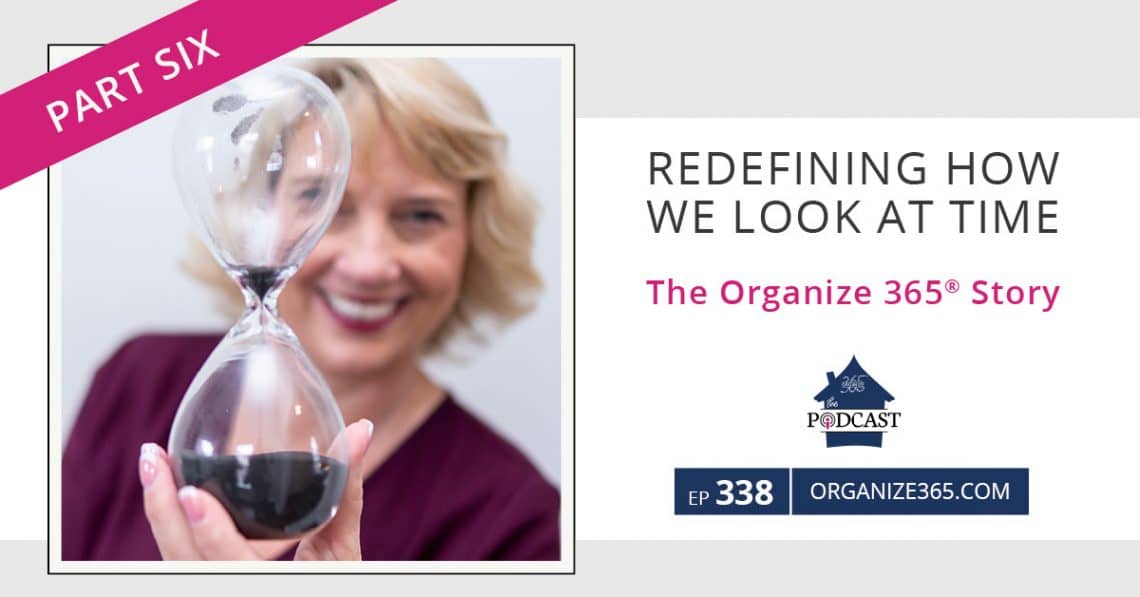
The Organize 365 Story – Part 6
This is part 6 of a series sharing the Organize 365 Story. I want to talk with you about how you look at time affects your organization and productivity. As always, I focus on helping you get the right mindset about how you spend your time. Time is the most abstract concept that will have the longest impact on how you spend the rest of your life. I want to share with you some of the ways you can change your mindset and how I think about time has changed and has helped me to grow in productivity. This week, I want to share my perspectives on time to help the Organize 365 community to have a shared vocabulary and foundational language.
No matter when you begin your transformational journey (or when you need to reset or restart), this information will be here as a reference for you. Listen in as I teach you about how I think about time. These ideas are at the core of everything I teach and how I approach organizing and will help you take those first steps toward learning the skills of organization.
Thinking About Time
The first person that helped me to change my mindset about time was Laura Vanderkam. I have spoken with Laura on the Organize 365 Podcast, and reviewed her book 168 Hours: You Have More Time Than You Think, and she has really helped me to think differently about time. Laura showed me that a week can be divided in half and that helped me to think about how I spend my time. Although I do like to sleep a lot, I have a lot of awake hours every day and with focus, I was able to increase my endurance for making decisions and using my time to my own advantage. I became much more aware of time and how I spend it. I want to pass those lessons on to you.

Get your machines and people working first.
When you are starting your day, I recommend getting your machines and people working first. As I structure my day, I focus on getting my machines running first, and then I make sure my people have everything they need to get their work done. This creates great increases in my productivity because these others are set up to make progress before I even get started.
Machines – I often start my washing machine and my dishwasher first thing in the morning. Laundry and dishes are not my most important tasks, but the machines are getting things done without anything else from me while I work on my brain-focused tasks.
People – I want to be sure that the people who work for me have what they need to get their work done. It doesn’t matter if it is a babysitter, someone driving my kids home from school, or an Organize 365 employee. I check my email early and often throughout my day so that if someone needs clarification or direction from me to complete their work, I can be responsive. I always make sure other people have what they need before I sit down to do my own work.
Getting my machines and people working gets me more time and, in turn, I get more accomplished. However, I am judicious. I focus on what machines and humans need, I do not stop to read every newsletter or look at every clothing advertisement in my inbox. Throughout the day, I check back and move my machines along (laundry to dryer) and make sure my people have not encountered any new issues. In this way, I am accomplishing far more than I could do on my own.
Organization gives you more time.
One of the reasons the Sunday Basket® is so effective is that it gives you more time. Every minute you spend in planning will result in 3-5 extra minutes during your execution of tasks. When you are organized, you get more time. In the podcast, I share how planning my week ahead of time allowed me to maximize my productivity even when I only had childcare 1 day a week.
The order you do your tasks matters. In The Productive Home Solution, we move from the kitchen to the garage over time. I have carefully chosen the order of tasks focusing on the areas of the home where you have the most control and to help you build your organizing muscles while you learn the skills of organizing.
Planning ahead helps you to build efficiency – you can multiply time and get the most out of your effort. This will result in days where you get much more done and feel like you finally have some traction in moving toward transformation.
True multitasking – trying to complete two heavy cognitive tasks at the same time cannot be done well. However, there are things you can do to improve the results you get from the work you do. Both of these benefit from advance planning.
Task batching
Task batching is grouping tasks that require similar brain power and doing them together in a group. When you process the items in your Sunday Basket® each week, you group tasks by slash pockets. After you have done all of your sorting and you are ready to work, the tasks in the slash pocket are similar. One slash pocket will have bills to pay. Others will have coupons for errands. A third may have phone calls to make. Batching your tasks together helps because you will be in a mind frame of thinking about and having the supplies to complete a series of related tasks. Keeping your brain focused on these similar thoughts helps you to get more done and to get it done faster.
Task stacking
Task stacking is a method of layering tasks in order. I use task stacking when I make a morning, afternoon, or evening routine. I add a new task to an already existing habit or framework. I also will often make a stack of tiny random tasks and complete them in a 30-minute time block.
Time blocking
I use time blocking when I plan my week during my Sunday Basket® time. I estimate how long a task will take to complete, and I block out a work period on my calendar. I can do this for a group of tasks like running errands, or I can do it for a specific task like recording a podcast on a particular topic. With time blocking, I look at my day and consider where I will be, if I need to allow time for driving or transportation, and what else will be happening in my environment. If you followed my Instastories in the Spring of 2020, I was dealing with getting a squirrel out of the attic, so on several different days, it would have been impossible to do a task like recording a podcast. When I set aside a time block, I am protecting enough space on my schedule to make significant progress on my task. By scheduling my important tasks, I no longer keep a to-do list.
Planned neglect
I was first introduced to the idea of planned neglect when I was a Creative Memories consultant. Planned neglect is the acknowledgment that something should happen and is scheduled to happen, but you decide not to do it. So many tiny daily to-dos and tasks get in the way of bigger projects because there is never a big enough block of time to make progress on your goal. You are the boss of your own life, and you can plan to neglect whatever tasks do not fit. There is no way you can do all of the roles and responsibilities inside of a house to perfection. Choose what is most important to you and your family, identify what areas you are owning and focusing on, and communicate with your family about where you are going to let go. For more on dividing up household tasks fairly, I had Eve Rodsky of Fair Play on Podcast Episode 312 “Fair Play with Eve Rodsky.” If you’re looking for inspiration, I share which tasks I plan to neglect in today’s podcast episode.
Errand Day
Although the current state of the world has cut down on errands and trips to the store when it is time to again leave the safety of home, I still recommend planning an errand day. I can recommend a few tips to make your errand day more efficient and productive. You can find more details in Podcast Episode 280 “You Need An Admin Day.”
- Make a list of all the places you need to go
- Plan your route
- Start from the place farthest from your home and work your way back (any incomplete errands will be closer to home)
- Note the opening and closing times of each location and include them in your plan
- Start as early in the day as possible, go when the stores open
- Plan your errand day for a weekday if possible (consider taking a day off of work, you’ll get so much more done during the week)
With current technology, you can also plan a digital errand day. All week long, I make a notecard of anything I need to purchase or complete online. I drop it in my Sunday Basket®. On Sunday, I check my budget, pay my bills, and make decisions about what to order. By doing all of my online purchases together once a week, I buy less, get better deals, and avoid overspending.
Lisa’s Three New Years – Podcast Episode 134
There are three times each year when there is the highest energy and a golden window for getting organized. We have a natural energy to declutter and organize each of these three times during the year. January 1st, late spring/early summer, and labor day (school year) all have high organizing energy. You may see it in your home in general, but you can also see it as you look at your clothing and your closet. Some people also see this energy in the kitchen and their meals. In the US, these 3 mini New Year’s also align with the school calendar.
Each mini New Year starts with the energy to get organized, focus, and plan. Near the end of the mini New Year, there is an energy that is harried, chaotic and focused on celebrations and memory-making. The Productive Home Solution repeats three times a year in these cycles to take advantage of the peak of organizing energy.
Dividing Your Week in Half – Podcast Episode 246
As I told you at the beginning of the podcast, Laura Vanderkam changed the way I think about time. In her book, 168 Hours she taught me that you can divide the week in half at 8 pm on Thursday evening. So, from Monday 8am to Thursday 8pm is the same amount of time as 8pm Thursday to 8am Monday. I learned that how I divide time is not correct. 5 weekdays and a 2 day weekend is not really true. When I plan my weekend, I start looking at the time starting at 8pm on Thursday to start my plan for what I am going to get done over the weekend and the amount of rest and relaxation I need.
Redefining how I look at time has dramatically changed my efficiency and productivity. What changes do you want or need to make in how you see time?
This episode is a part of the Organize 365® Glossary Playlist. Listen to other episodes on the Glossary Playlist here.

